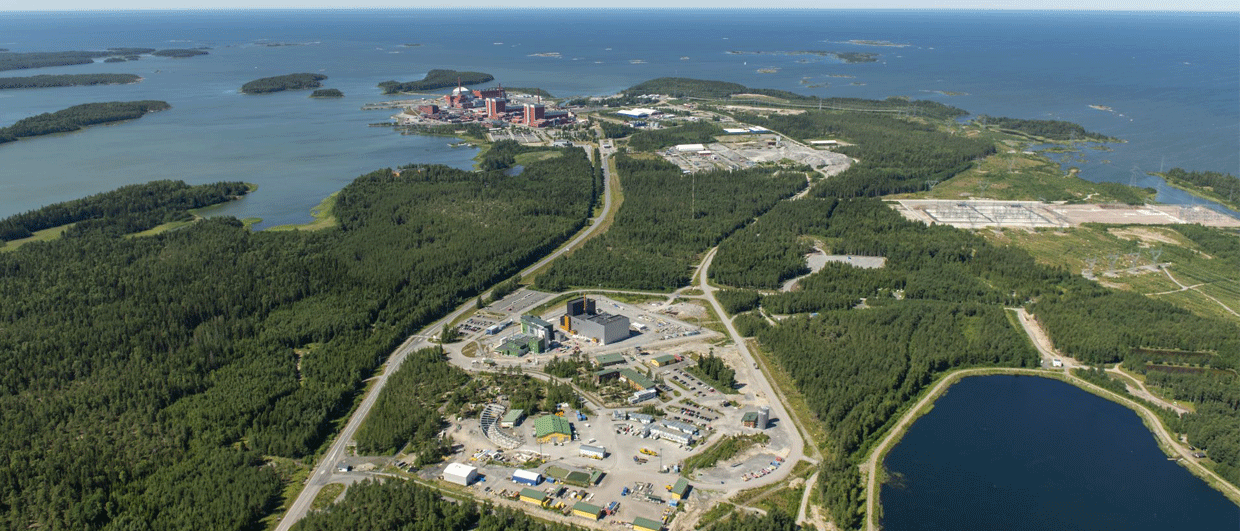Keir’s famous poster portrays petroleum as an effective remedy for every conceivable want, highlighting how any product may be marketed with absurd false promises. For hype to be a successful sales technique, the salesman cannot be held accountable for his / her claims; vague yet effusive promise takes the place of specificity. In this way, hyping a product to success is all about proxy and allowing the targeted customers to assume the most desirable outcomes.
Even once acquired, the average customer would not have been able to accurately discern whether the product was actually involved in their recovery – they may have incidentally recovered on their own while happening to use the product. But the consummate hype seller must immediately leap upon such examples as validation.
The idea that we can replace fossil fuels with some kind of improvised piecemeal energy system is misleading
The poster is also interesting because it looks back to the time the oil industry began its domination of society, which should prompt us to ask the same questions of the vaunted “new” energies of today. This piece, therefore, not only sheds light on Keir’s portrayal as a snake oil salesman but also on the mindset of consumers seeking simplistic panacea energy solutions.

Today, we find ourselves subjected to messaging that we no longer require fossil fuels and that modern intermittent renewables, principally solar and wind, will effortlessly usher us into a new utopian clean energy future. We love the trace scent of snake oil, the possible glint of silver on a bullet, we still want to believe in magic, a god.
Humans, likely both modern and ancient, identify ideas that suit their existing interests and ideals and will fiercely defend them rather than truly critically evaluate them. Furthermore, we tend to use that desired solution until something forces us to change. Nuclear energy, for example, comes with an undeniable “tomorrow’s problem”, and so we mostly cower from it.
The reason why this is important goes back to one of my earlier columns that stated: “Supplying 8+ billion people with energy security while minimising harm to the environment is a big and complex problem, and that energy density matters.” The idea that we can replace fossil fuels with some kind of improvised piecemeal energy system is misleading. As a geoscience community, there is a need to critically assess the narratives surrounding certain “clean” energy solutions that claim to address all our energy requirements.
In energy, there is utility and there is hype. Where that line crosses requires an informed consumer to be able to separate the wheat from the chaff of hype and marketing. Thus, there is an opportunity for geoscientists to ground-truth the quality of such energy entities and, in a way, reclaim the narrative by encouraging a nuanced perspective without delving into overly polarising debates.





